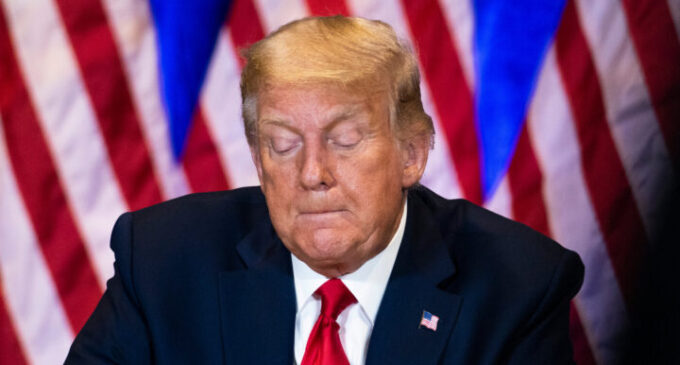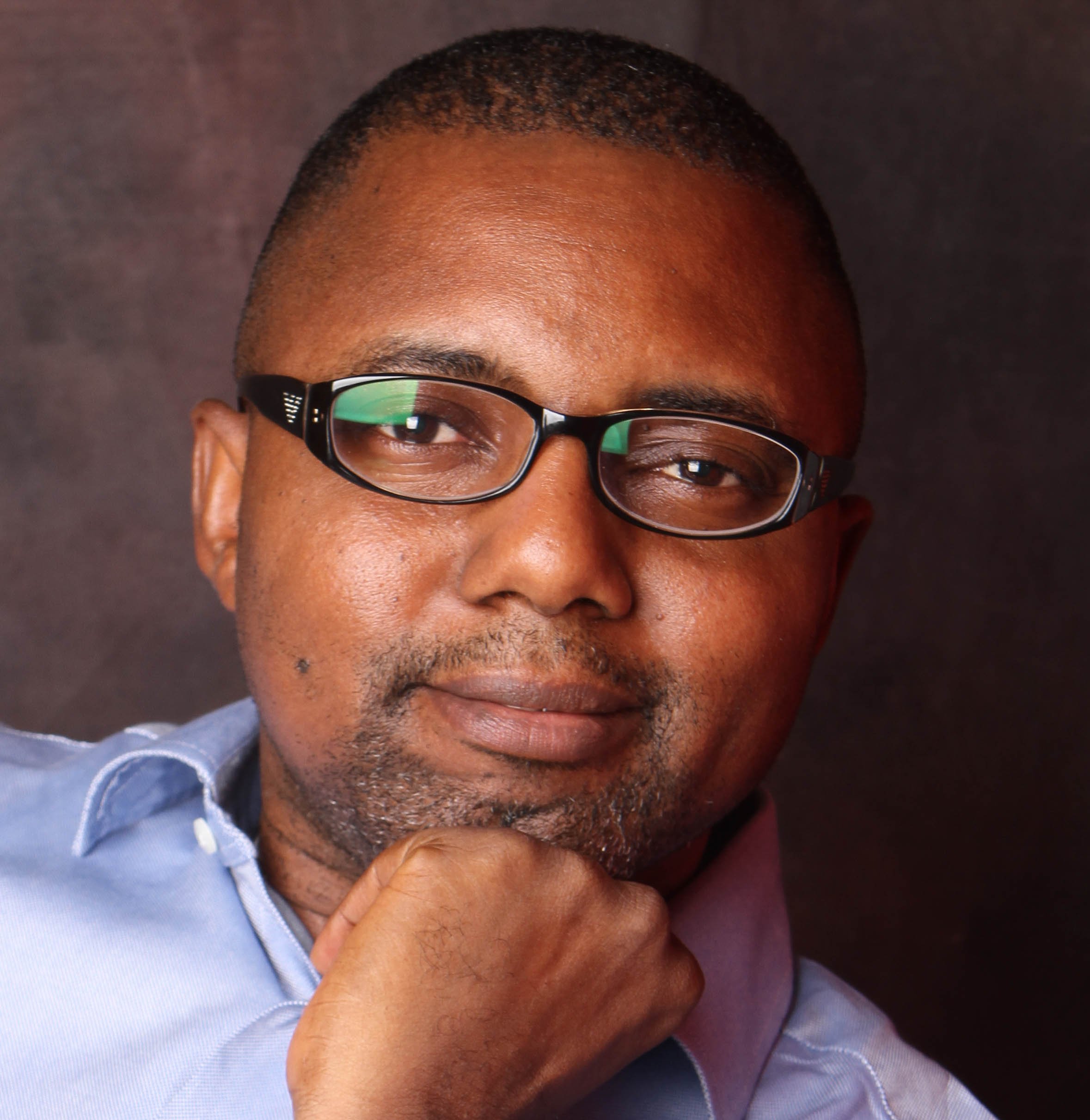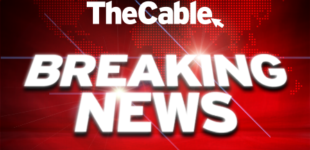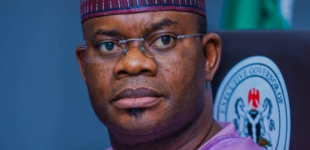The lessons of Trump for Africa

After 4 tumultuous years, President Donald J. Trump has left office. And the world is breathing a huge sigh of relief. Like him or hate him, few global leaders have had an impact on the world in the way that Trump did in 4 short years.
To start with, Trump upended so much of what we know as the International System; a system of balance of power, collective security, and multilateral alliances that have largely kept the world at peace since the end of the Second World War in 1945. The long running alliance between the US and Western Europe, commenced during the war, became very strained as he pushed home his “America First” policies. Even more significantly, his actions and rhetoric ensured that the battle for supremacy between the US and China for global domination, already set to become the 21st century’s dominant issue, became a full-blown “Cold War” barely three decades after the first Cold War between the East and the West ended.
Trump went further. He forged a peculiar alliance of strange bedfellows with Russia; held multiple summits with the North Korean Leader, Kim Jong-un, in an unprecedented attempt at ending the schism between the two nations that drives the latter’s search for nuclear weapons; and he became the voice and champion of the anti-science movement, first with his actions on the global climate debate such as pulling the US out of the Paris Climate Agreement; and later on with the COVID pandemic where he promoted alternative solutions and remedies, and provided comfort (some will say platform) to “Plandemic” promoters.
Africa, hardly reckoned with in the grand scheme of things even before he took office, regressed further. With his policies, he sought to limit emigration to the US from Africa. Worse, he referred to African countries in undignifying names, never set foot on the continent throughout his tenure and, to cap it all, refused to accept the near unanimous selection of Nigeria’s Ngozi Okonjo-Iweala as Director General of the World Trade Organisation (WTO). All said, his was a tenure that reinforced the perception of Africa as pawns in the global chess game.
Beyond the international scene, Trump affected much of the domestic space of his country as well; none more so than the electoral system and long held principles on which the transfer of power rests. He bluntly refused to concede defeat to Joe Biden, and waged a very public campaign alleging electoral fraud. Despite filing and losing more than 60 court cases on the elections, and in spite of assurances from leaders of key agencies in his own Government including the Attorney General, he refused to budge. His various efforts at negating the will of the people eventually led to the invasion of the US Capitol, seat of the Legislature, by thousands of his supporters. The aftermath ultimately led to his second impeachment by the US Congress and a permanent place in the hall of infamy as the only US President to be impeached twice.
The Trump Presidency will be studied for years to come. His was an unconventional one from the start to the end. But while we await history’s judgement, there are several lessons to be had from what we now know. And these are lessons that Africa, and especially Nigeria, must take on board in the long road to economic development and political stability.
For several years, the need for strong institutions has been emphasised in the African development journey. This remains a necessity. Watching as key American institutions, from State Governments to Federal Departments to the Judiciary, stood their ground despite the barrage of pressure from the President was impressive. These institutions stayed true to the purpose of their existence – to serve the people and act within the law at all times irrespective of political affiliations. Would Nigeria’s Independent National Electoral Commission (INEC) and its Judiciary have acted in the same way in the face of a rogue President determined to steal an electionwhile throwing his presidential weight around? Would a Minister openly declare that an election that his principal strongly disputes was free and fair? Would the head of the Nigerian Army make a broadcast declaring that the Army does not owe allegiance to the President but to the Constitution? In the US, all these were answered in the affirmative and they are the standards that African institutions must aspire to.
Even more than institutions, is the importance of values. For despite the strength of institutions, despite the centuries of experiences and norms, despite constitutional provisions that created checks and balances to prevent the rise of a despot, America came closest to one in a way that it has never done before. Trump upturned much and sought to do even more. That he could not owes a lot to men and women whose loyalty to the great values of America imbued them with the courage to stand up to a power-hungry President and his supporters. The same must happen in Africa. We must build people with courage to stand up for what is right, courage to put country before anyone no matter how powerful, and courage to abide by laws and statutes even when it is against their political leanings and choices.
What is also clear from the events in America is that while education is important for leadership, it is not a sufficient condition. For even the best educated may end up as conveyor belts for what is wrong, and promoters of assaults on constitutional order. Trump and several of his advisers and supporters, including Senators Ted Cruz and Josh Hawley, are products of some of the best educational institutions in the world. Yet, they all worked to whip up sentiments against the outcome of a free and fair election, ultimately leading to the invasion of the US Capitol. Allied to good education, hence, must be the inculcation of the right values; values of honesty, patriotism, accountability and selflessness. If Trump and his acolytes had truly put “America First” as they often preached, the debacle of the past 2 months would have been avoided.
Another key lesson for Africans is the futility of pinning hopes of positive change and development on the Great Powers of the world. Many in Africa expected Trump to turn back some of the Obama era policies that they found unfavourable such as gay rights; to provide military support against insurgents like Boko Haram; and to support separatists agitations such as the clamour for Biafra. None of these materialised. Africa must therefore learn to drive its own change, focussing on what is best for the continent and its people.
Ultimately, what Africa must not lose is faith in the democratic system and the right of the people to choose their leaders. While it is easy to point at America’s difficulties with the system over the past few months, democracy eventually won and lessons will be learned to make the country better. The same must apply to Africa – learning the right lessons and continuing on the path of democracy and development.
Chris Adetayo is a public and international affairs commentator
Views expressed by contributors are strictly personal and not of TheCable.














There are no comments at the moment, do you want to add one?
Write a comment